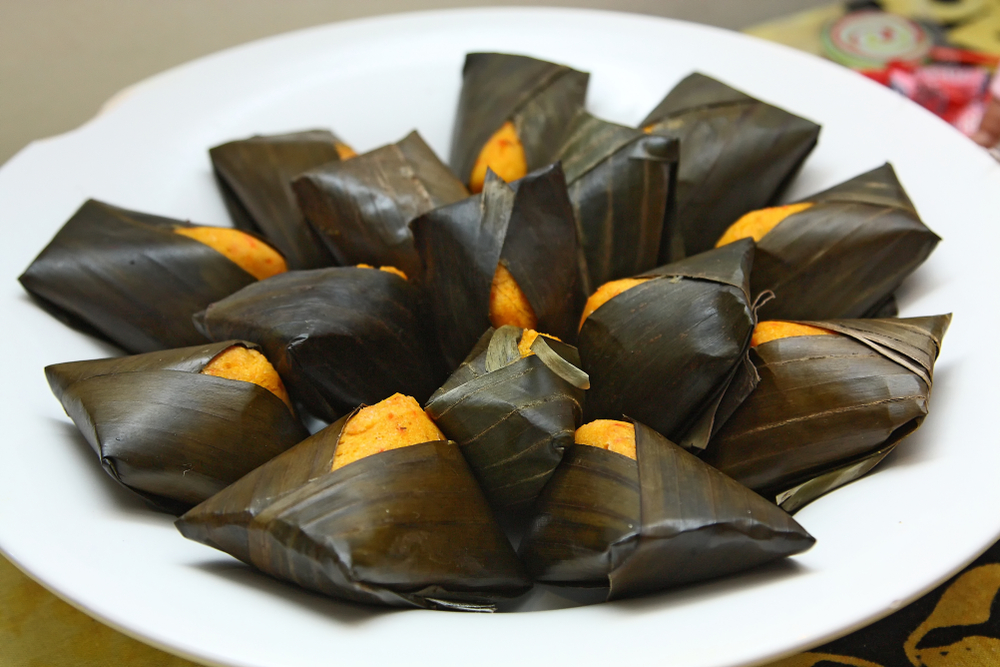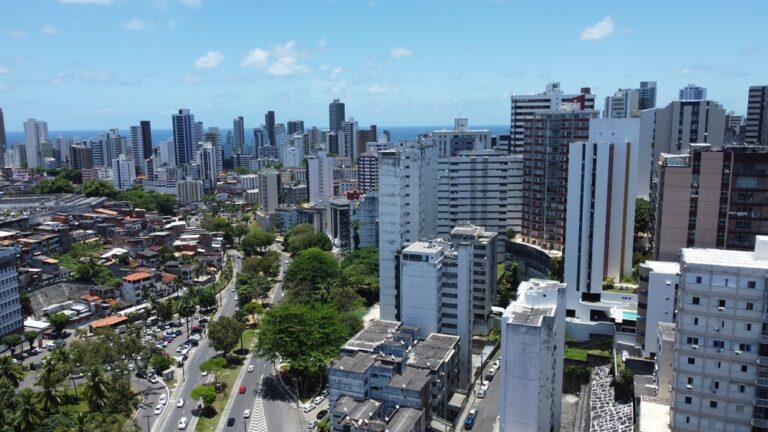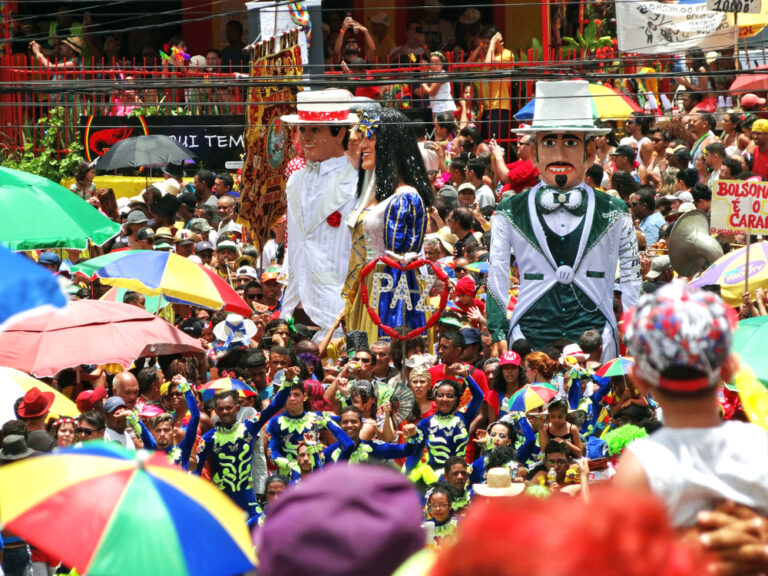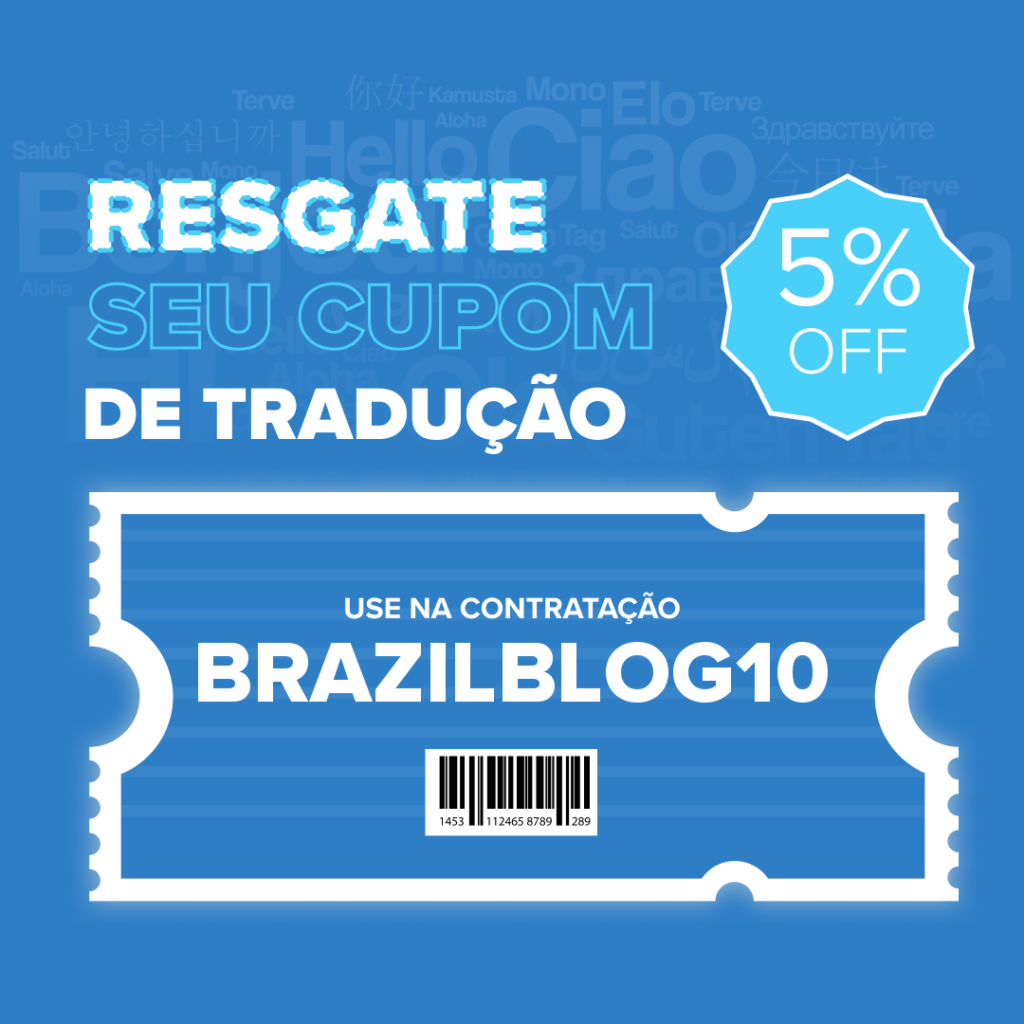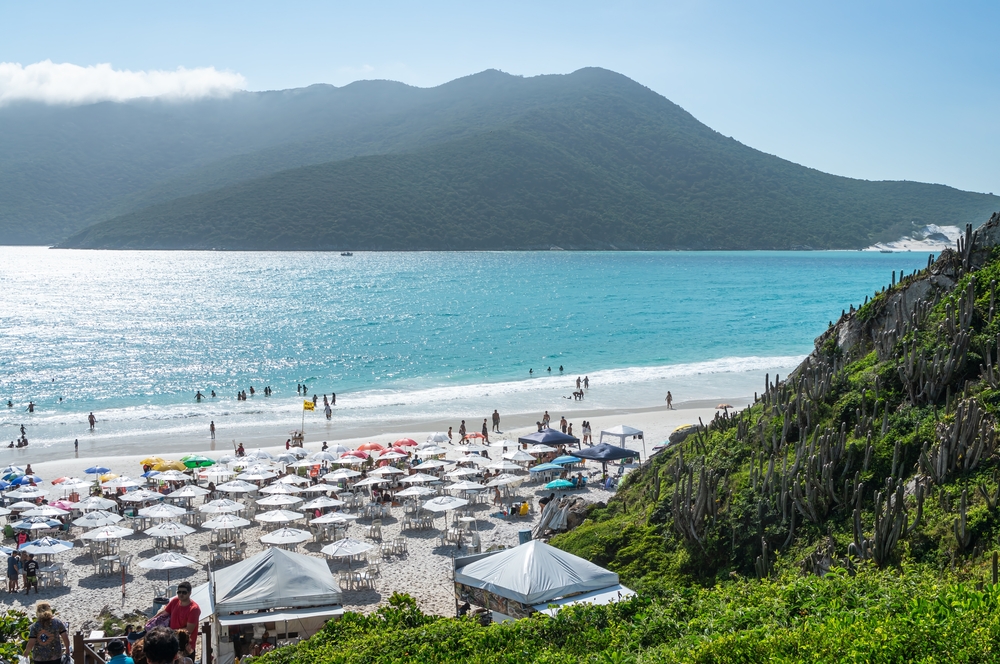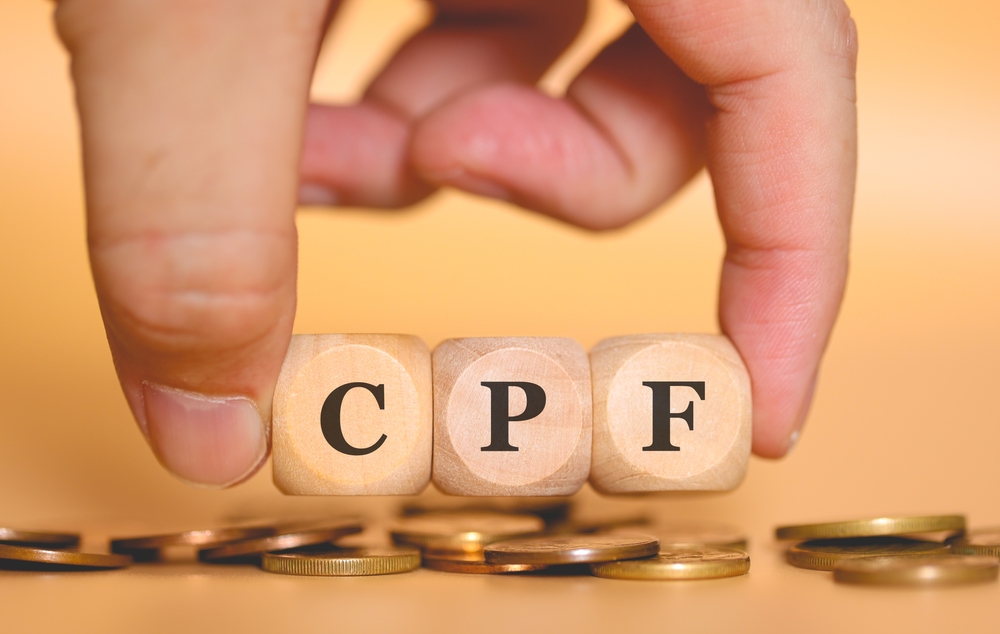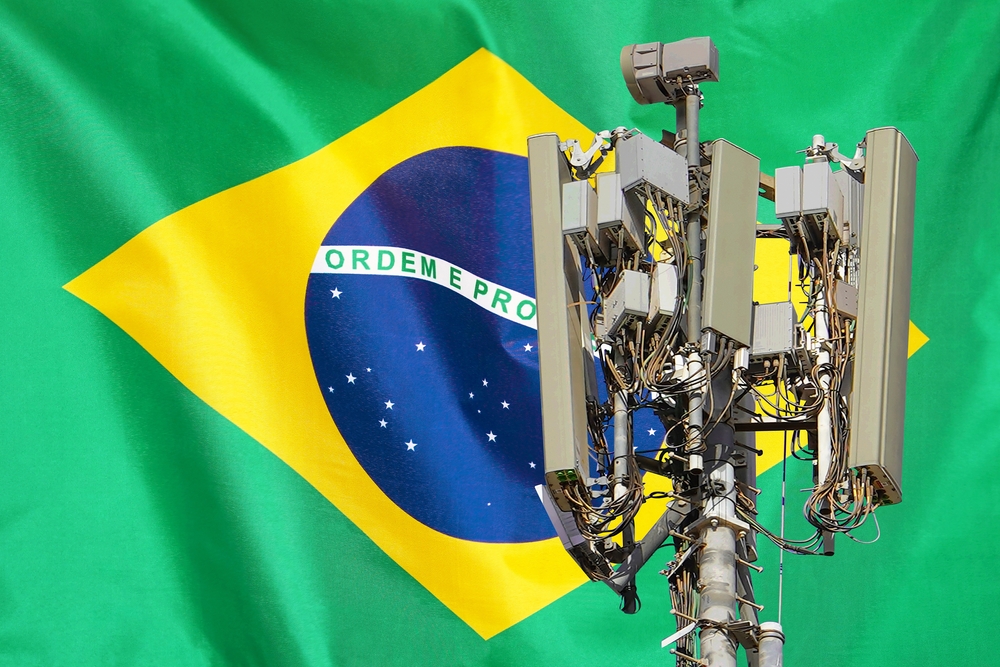The Museum of Bahian Gastronomy Salvador offers a feast for the senses to anyone interested in the rich culinary heritage of Brazil. Located in Salvador, the museum is a centerpiece for the preservation and celebration of the flavors and traditions of Bahian cuisine. As Bahia’s culture is deeply intertwined with its food, the museum not only showcases the history and significance of various dishes but also highlights the social and cultural contexts that have given rise to one of the country’s most vibrant regional cuisines.
Through its diverse range of exhibitions and displays, the institution provides an educational journey for visitors, exploring the evolution of Bahian gastronomy. From the African influences that have shaped local flavors to the modern interpretations of classic dishes, the Museum of Bahian Gastronomy Salvador is a testament to the dynamic nature of Salvador’s gastronomic scene. Not only does it serve to inform and educate its visitors about local foods, but it also offers interactive experiences, allowing for a more engaging exploration of Bahia’s culinary delights.
Table of Content
ToggleKey Takeaways
- The museum serves as a hub for exploring the intersection of Bahian culture and cuisine.
- It features interactive and educational displays that trace the evolution of local gastronomy.
- Visitors are provided with a comprehensive and engaging experience of Salvador’s food heritage.
History and Significance
Exploring the Museum of Bahian Gastronomy in Salvador offers a window into a rich culinary history shaped by diverse cultural influences. It stands as a testament to the complex interplay of ethnicities that has created a distinct regional cuisine.
Cultural Influences
The Museum of Bahian Gastronomy is a celebration of culinary art that reflects the melting pot of European culturesincluding the Portuguese, Dutch, French, and Spanish who settled in the region. Each group brought their own flavors, cooking techniques, and ingredients, significantly impacting Bahian cuisine. The Portuguese influence is particularly notable in the use of spices and in desserts, a legacy reflected in the museum’s exhibits.
Legacy of African Slaves
African slaves played a crucial role in shaping the food culture of Bahia. As the museum illustrates, they introduced ingredients like dendê oil and staple foods such as okra, which became integral to black culture in Bahia. The culinary traditions of African slaves, preserved and passed down over generations, are crucial threads in the fabric of Bahian gastronomy.
Indigenous Contributions
The indigenous populations also left an indelible mark on Bahian cuisine, which the museum showcases through a display on indigenous culture. Ingredients such as cassava and fruits native to the Americas, alongside traditional cooking methods, enriched the evolving Bahian food culture. Their contribution is celebrated as a foundation upon which the region’s gastronomy was built.
Exhibitions and Displays
The Museum of Bahian Gastronomy in Salvador offers a captivating exploration of the region’s rich culinary heritage. Visitors can expect a comprehensive visual and sensory experience, chronicling the fusion of indigenous, African, and Portuguese influences within Bahia’s vibrant food culture.
Permanent Collection
The Permanent Collection is a celebration of Bahian gastronomy’s evolution and variety. It includes interactive exhibits featuring traditional cooking implements and Portuguese texts that place Bahia’s food in historical context. Didactic panels correspond with each exhibit, explaining the culinary significance and origins of various dishes and ingredients, underlining the museum’s commitment to educational richness and gastronomic diversity.
- Exhibition Highlights:
- Cachupa – The display around this hearty stew showcases its African roots and adaptation in Bahian cuisine.
- Moqueca Pot – An exhibit dedicated to the iconic clay pot used to cook the famous Bahian fish stew, accompanying panels delve into the dish’s indigenous origins.
Temporary Exhibitions
In contrast, Temporary Exhibitions provide an ever-changing glimpse into the contemporary and historical aspects of Bahia’s gastronomic scene, with themes rotating frequently to showcase different angles of the food culture. For example, a recent exhibition centered around the influence of cacao on Bahian cuisine, complete with vintage advertisements and artifacts from cacao plantations.
- Notable Past Exhibitions:
- “The Cacao Route” – Included cacao processing tools and historical documents detailing the trade’s impact on the region.
- “Street Food of Salvador” – A vibrant display, including life-size replicas and vendor stories capturing the essence of Salvador’s street food scene.
Educational Programs
The Museum of Bahian Gastronomy in Salvador is a hub for culinary education, offering specialized programs that allow students to immerse themselves in the rich food heritage of Bahia. These programs are hosted by prominent institutions such as the Bahian Culinary Institute and Senac, where individuals can engage in hands-on learning experiences.
School of Gastronomy
At the School of Gastronomy, students can dive into a comprehensive curriculum designed to hone their cooking skills and expand their knowledge of Bahian cuisine. The courses, often lead by esteemed chefs and culinary experts, cover everything from traditional cooking methods to contemporary food styling. Key partnerships with local and international culinary schools ensure a diverse learning environment.
- Program Offerings:
- Introductory courses on Bahian spices and ingredients
- Advanced classes on regional cooking techniques
- Workshops on sustainable cooking practices
Research and Development
The museum’s commitment to culinary innovation is evident in its Research and Development department. Working closely with the Bahian Culinary Institute, researchers explore the historical significance of local dishes and ingredients, while also experimenting with new flavors and preparation methods that can influence modern cooking.
- Ongoing Projects:
- Preservation of Traditional Recipes: Documenting age-old Bahian recipes to protect the culinary heritage
- Ingredient Sourcing Studies: Understanding the sustainability of local food sourcing and its impact on the ecosystem
The efforts in these educational programs are pivotal in maintaining the integrity of Bahian gastronomy and ensuring its relevance in today’s culinary landscape.
Visitor Information
The Museum of Bahian Gastronomy in Salvador provides a rich cultural experience through the flavors and culinary traditions of Bahia. Here’s what visitors should know to make the most of their visit.
Admission and Hours
Admission: The museum offers ticketed entry. Visitors are encouraged to check the official museum website for the latest prices as they may vary by season and special exhibitions.
Hours: The Museum operates from Tuesday to Sunday. Opening hours are typically from 10:00 am to 6:00 pm, with the last entry an hour before closing.
Facilities and Accessibility
Facilities: The museum provides amenities such as restrooms, a gift shop, and a café that serves traditional Bahian cuisine.
Accessibility: The venue is equipped to accommodate guests with mobility challenges, including elevator access and wheelchair-friendly pathways.
Tour Recommendations
Best Time to Visit: The ideal times for visiting are between March to May and September to November when Salvador experiences milder weather and fewer crowds.
Peak Times: Expect longer waiting times during the high seasons, especially December to February and June to August, which coincide with holidays and festivals in Largo do Pelourinho.
Visitor Types: The museum offers a welcoming experience for families, couples, solo travelers, and friends alike, with exhibits and tours tailored to each group’s interest.
Remember to check for any special events or temporary exhibits that can provide a deeper understanding of Bahian culture and cuisine.
Visitor Experiences
Visitors to the Museum of Bahian Gastronomy in Salvador are treated to a vivid immersion into the region’s flavorful cuisine through on-site dining options and interactive exhibits. The focus is on authenticity and engagement, with particular emphasis on traditional Baian food offerings.
On-Site Dining
The museum houses a Traditional Baian Food Buffet where patrons can savor a range of local dishes. They experience the rich, bold flavors of Baian cuisine, often characterized by the liberal use of palm oil, which is a staple in the regional cooking. The buffet includes a spread of delicacies such as moqueca, a sumptuous seafood stew in fragrant palm oil, ensuring that visitors not only learn about but also taste the cultural heritage of Bahia.
Interactive Features
Interactive features of the museum invite guests to dive deeper into the culinary arts of Bahia. Cooking demonstrations and workshops allow visitors to observe and participate in the preparation of Baian food, from selecting ingredients to the finishing touches on traditional plates. This hands-on approach complements the educational aspect of the Restaurant’sofferings, making the Museum of Bahian Gastronomy a dynamic destination for those seeking to understand and engage with Bahian culture through its cuisine.
Reviews and Opinions
When exploring the Museum of Bahian gastronomy in Salvador, reviews and opinions provide invaluable insights into the experiences of past visitors. This feedback, gathered from various sources such as TripAdvisor, often highlights the museum’s immersive celebration of regional cuisine and culture.
Guest Feedback
The Museum of Bahian gastronomy elicits a wealth of user-generated content on platforms like TripAdvisor. Visitors frequently mention their appreciation for the descriptiveness of the exhibits, which showcase the history and evolution of Bahian cuisine. TripAdvisor members often underline the authenticity of the gastronomic experience, suggesting that the museum accurately reflects the diversity of Salvador’s culinary heritage.
- Recency of feedback: Recent reviews tend to carry more weight, as they can more accurately reflect the current state and quality of the museum.
- Length of visit: Comments vary, with some guests recommending a quick stop for those with limited time, while others suggest a more leisurely pace to fully appreciate the depth of the exhibits.
- General Tips: Many reviews recommend visiting the museum’s culinary workshops for a hands-on experience, and to try the sampling sessions for a taste of traditional Bahian flavors.
Expert Analysis
Experts in cultural and culinary tourism regularly analyze and provide detailed reviews of the Museum of Bahian gastronomy. Professional critics respect the museum for its thorough curation and its role in preserving and promoting Bahian gastronomic traditions.
- User-Identified Themes: These typically revolve around the interplay of food and Bahian identity, the museum’s interactive elements, and its impact on the local community.
- Detailed Reviews: Experts often focus on the museum’s ability to educate visitors about the complexity of local ingredients and cooking techniques. Some critique goes into the depth of content provided by the museum, occasionally suggesting areas for improvement.
Transparency and Policies
The Museum of Bahian Gastronomy in Salvador is committed to transparency in its operations and adherence to clearly defined policies. This includes ensuring accessibility to reports and the moderation of content in accordance with community guidelines.
Report Accessibility
The museum releases an annual Transparency Report that any member of the public can access. This report provides an overview of the museum’s endeavors, financial expenditures, and the efficacy of its Automated Tracking System. It’s designed to ensure stakeholders are informed about the museum’s commitments and how they are being met. The report is accessible both online and at the museum’s main office.
Content Moderation
To preserve the integrity of the information presented, the museum employs a team of Content Specialists who diligently follow a set of Community Guidelines. These specialists are tasked with reviewing and moderating all user-generated content to guarantee accurate representation of Bahian cuisine and culture. Their approach involves:
- Using an Automated Tracking System to initially flag content that may violate guidelines.
- A thorough review by human moderators to ensure a nuanced and contextually aware moderation process.
Language and Accessibility
The Museum of Bahian Gastronomy in Salvador is renowned for showcasing the rich culinary heritage of Bahia. It addresses linguistic diversity by providing resources in multiple languages to cater to a broad audience.
Languages Offered:
- Portuguese: As the official language of Brazil, all exhibits are primarily in Portuguese.
- English & Spanish: These are widely spoken languages by tourists; thus, the museum offers translations for key exhibit information.
Accessibility Features:
- Multilingual Guides: Visitors can access museum tours in English and Spanish, ensuring a comprehensive understanding of the exhibits.
- Information Plaques: Written descriptions accompany exhibits, available in Portuguese, English, and Spanish.
Website Accessibility:
- The museum’s website includes information in multiple languages, allowing potential visitors to plan their visit and understand the museum’s offerings prior to arrival.
Signage and Brochures:
- Upon entry, guests receive brochures in their language of choice.
- Clear signage throughout the museum minimizes language barriers and guides visitors effectively.
By incorporating these features, the Museum of Bahian Gastronomy is committed to ensuring that language differences do not impede the educational and cultural experience they offer. Whether through printed materials, tours, or digital platforms, the museum strives for inclusion and accessibility for all visitors, regardless of their linguistic background.
Frequently Asked Questions
In this section, readers will find important information regarding the Museum of Bahian Gastronomy, including operational details and available activities.
What are the operating hours of the Museum of Bahian Gastronomy?
The Museum of Bahian Gastronomy is open from 10:00 AM to 6:00 PM, Tuesday through Sunday. It remains closed on Mondays.
Is there an entrance fee to visit the Museum of Bahian Gastronomy?
Yes, there is a nominal fee for entry into the Museum of Bahian Gastronomy. Specific fee details are updated periodically and can be found on the museum’s official website.
Can you describe the types of exhibits featured at the Museum of Bahian Gastronomy?
The museum showcases a variety of exhibits that explore the rich culinary history of Bahia. This includes displays on traditional farming methods, historical Bahian recipes, and the cultural influences that have shaped local cuisine.
Are guided tours available at the Museum of Bahian Gastronomy?
Guided tours are offered to visitors who want a comprehensive understanding of the exhibits. These tours provide in-depth information on the gastronomic heritage of Bahia and can be scheduled in advance.
What are the dining options available near the Museum of Bahian Gastronomy?
Several dining establishments are located near the museum, ranging from traditional Bahian eateries to contemporary cafes. These restaurants offer visitors a taste of the authentic local cuisine highlighted within the museum.
Does the Museum of Bahian Gastronomy offer workshops or cooking classes?
The museum periodically offers workshops and cooking classes where individuals can learn about Bahian cooking techniques and recipes. These hands-on experiences are designed to enrich the understanding of Bahian culinary arts.

